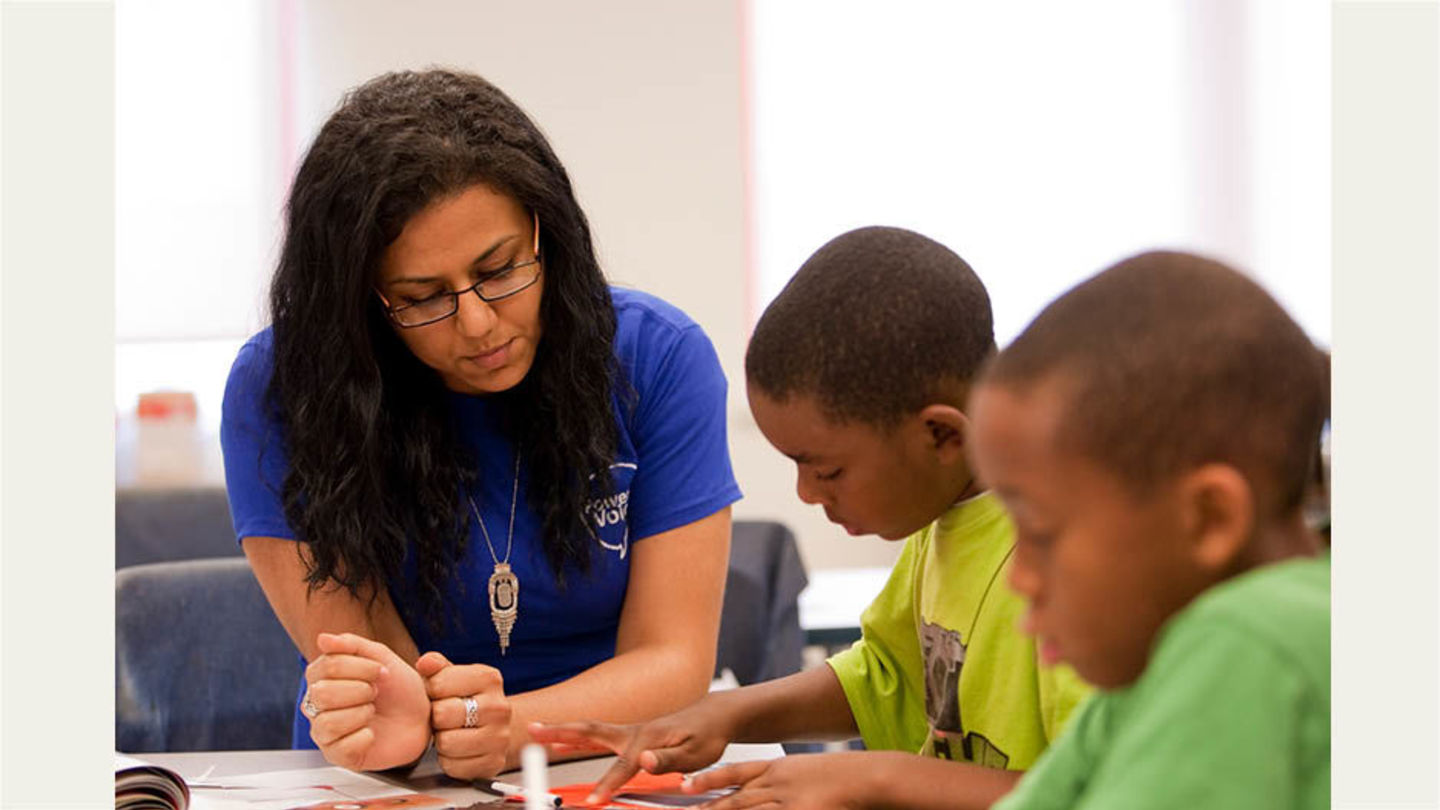
Temple's College of Education and Human Development launches WISE pathway for preschool teachers to complete their bachelor's degrees
The need for teachers in our country, in our state, and in our community is significant. The College of Education and Human Development is tapping into our institutional roots to bridge the gap for preschool educators to complete their bachelor's degrees and elevate their careers.
Temple University was founded as a night school in 1884 to ensure adults in the community had access to excellence. Russell Conwell called them our "acres of diamonds." Working In Service Educator (WISE) program coordinator Judy Flanigan says they are still there, longing to shine.
"There are community-based childcare programs in our community with hard-working staff," Flanigan said. "They may have achieved their associate degrees but have not completed their bachelor's because they need to work full-time. These students come to us with lots of experience. We provide the foundation, a theoretical framework and evidence-based practices in education."
The same year Temple was founded, "Kindergarten Theory," the first course for teachers, was offered. Nearly 140 years later, the College of Education and Human Development continues to evolve and offer programs to meet the academic and career goals of our community.
Temple's WISE program, set to launch in fall 2023, offers a pathway for certification and opens doors to career opportunities for these educators who may be aspiring lead teachers, directors, regional childcare managers and more. Participants are employed full-time as childcare providers, have their associate degree and want to earn their bachelor's.
Designed to be completed through a part-time sequence, students finish their bachelor's degree in three years, taking the same courses as other early childhood education students. Junior year coursework is spread out over two years, and student teaching is completed while participants work.
Additional supports for these non-traditional students are also in place, including flexible delivery such as evening and hybrid or online course modalities, technology support, and access to the full range of resources Temple offers, including the Writing Center, Career Services and more.
"I provide personal support to the students," Flanigan added. "We offer a small community feel with the benefit of being a large R1 institution."
Financial support is also available for WISE students, such as grants through Teacher Education Assistance for College and Higher Education (TEACH), a statewide program that provides tuition assistance to full-time childcare workers. Additionally, funding from Philadelphia Health Management Corporation (PHMC) provides students with technology they will need for coursework.
During the first two years of the program, students will have field placements once a week in state-required Grade 1-4 settings. Local sites will be identified to maximize convenience for students. TEACH resources also benefit the schools that employ WISE participants, helping to hire coverage to fill gaps created by employees completing their field work.
"This is the most important work we can do in the college," Flanigan said. "To continue to support systems that understand that education is a mechanism for social justice and social mobility. A mission statement is one thing, but you need programs that bring that mission to life, and this is one of them. It's our mission, operationalized. This is a Temple story - this is what Temple is."
The College of Education and Human Development is recruiting its first cohort of WISE students for fall 2023 enrollment. Learn more at our information session on March 28, hosted via Zoom at 7 p.m. Email judith.flanigan@temple.edu to register.
